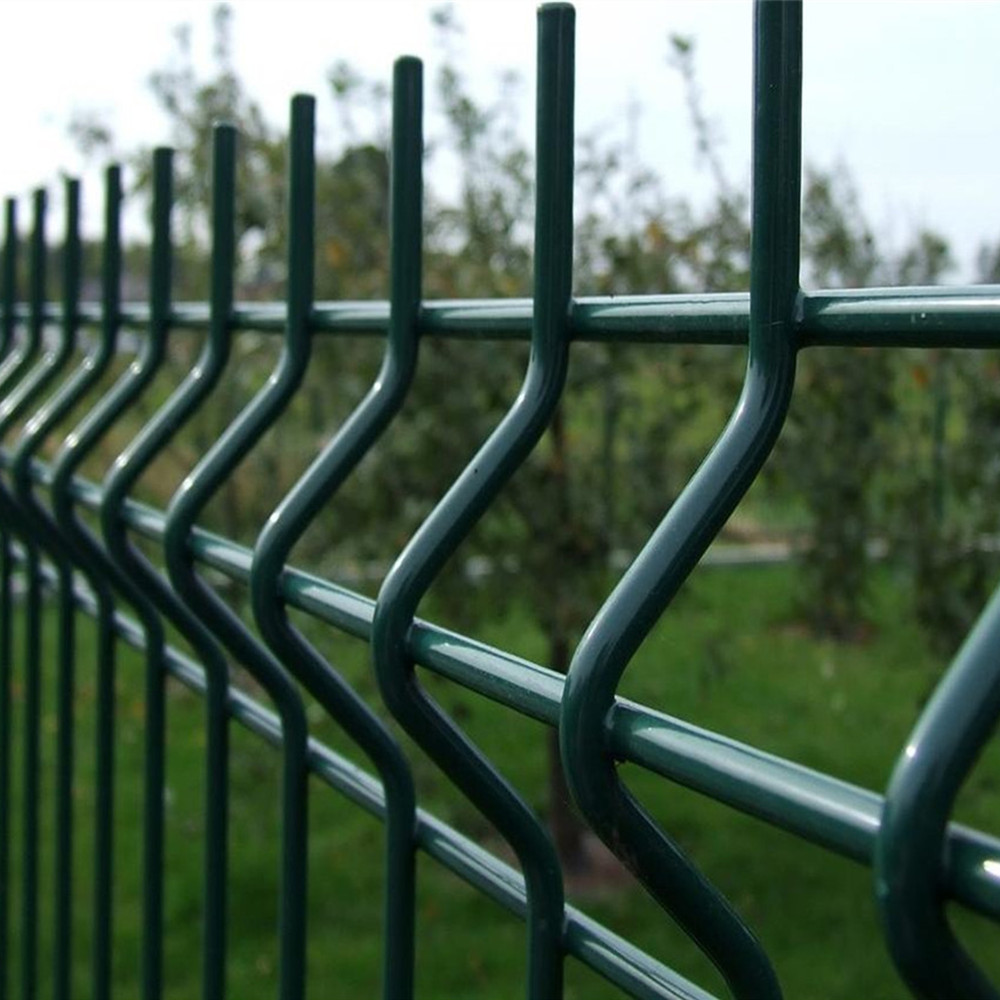मई . 07, 2025 19:21 Back to list
Durable Scaffolding Steel Plank for Building High Load Capacity Exporters
- Introduction to Scaffolding Steel Planks in Construction
- Technical Advantages and Performance Metrics
- Leading Manufacturers: A Comparative Analysis
- Customization Options for Diverse Projects
- Case Studies: Real-World Applications
- Quality Assurance and Compliance Standards
- Global Impact of Scaffolding Steel Plank Exporters

(scaffolding steel plank for building)
The Critical Role of Scaffolding Steel Planks in Modern Construction
Scaffolding steel planks serve as the backbone for safe and efficient building projects worldwide. These structural components enable workers to access elevated areas while supporting heavy loads up to 750 kg/m². The global market for construction-grade steel planks has grown 12% annually since 2020, driven by urbanization and infrastructure development.
Engineering Excellence in Load-Bearing Design
Premium steel planks feature cold-rolled steel surfaces with anti-slip patterns, achieving 40% better traction than standard models. Advanced manufacturers utilize Q345B structural steel, providing:
- Yield strength: 345 MPa minimum
- Surface hardness: HRC 38-42
- Corrosion resistance: 2,000-hour salt spray test compliance
Manufacturer Comparison: Specifications Breakdown
| Parameter | Factory A | Factory B | Factory C |
|---|---|---|---|
| Material Grade | Q345B | ASTM A572 | EN 10025 |
| Max Load Capacity | 800 kg/m² | 750 kg/m² | 820 kg/m² |
| Lead Time | 15 days | 22 days | 18 days |
Adaptable Solutions for Complex Requirements
Specialized factories offer:
- Length customization: 1m-4m increments
- Surface treatments: Hot-dip galvanizing (80-100μm) or powder coating
- Quick-connect systems for 30% faster installation
Project Success: High-Rise Construction Case Study
A recent 45-story development in Dubai utilized galvanized steel planks with:
- 2,500 units deployed across 18,000 m²
- Zero safety incidents recorded
- 15% reduction in project timeline
Certifications Ensuring Reliability
Top exporters maintain:
- ISO 9001:2015 quality management
- OSHA 1926.451 compliance
- Third-party load testing certification
Scaffolding Steel Plank Exporters Driving Infrastructure Growth
Specialized exporters now facilitate 35% of international construction material trades, with containerized shipping options ensuring 99% on-time delivery rates. Advanced logistics networks enable 72-hour emergency dispatch to critical project sites worldwide.

(scaffolding steel plank for building)
FAQS on scaffolding steel plank for building
Q: What is a scaffolding steel plank for building?
A: A scaffolding steel plank for building is a durable, load-bearing platform used in construction to support workers and materials. It is made from high-strength steel and designed for safety and stability on scaffolding structures.
Q: How to choose reliable scaffolding steel plank for building exporters?
A: Look for exporters with certifications (e.g., ISO), proven industry experience, and positive client reviews. Verify their compliance with international safety standards like BS 1139 or EN 12811 to ensure product quality.
Q: What advantages do scaffolding steel plank for building factories offer?
A: Factories often provide customized sizing, bulk-order discounts, and faster production timelines. Reputable facilities use advanced manufacturing techniques and rigorous quality checks to meet global demands.
Q: Are scaffolding steel planks reusable and long-lasting?
A: Yes, these steel planks are built for repeated use and resist corrosion, bending, and wear. Proper maintenance, like regular inspections and rust prevention, can extend their lifespan significantly.
Q: What is the typical export process for scaffolding steel planks?
A: Exporters handle documentation, logistics, and compliance with destination-country regulations. They often offer FOB or CIF shipping terms and ensure secure packaging to prevent damage during transit.
-
High Quality 9 Gauge Expanded Metal Mesh & Chain Link Wire Mesh Fence Manufacturer
NewsJun.10,2025
-
Barbed Wire Roll Price - Wholesale Exporters & Reliable Factories Supply
NewsJun.10,2025
-
High-Quality Temporary Mesh Fence Panels for Sale Durable Temporary Fence Panels Supplier
NewsJun.10,2025
-
Welded Wire Fence Mesh Exporters Custom Sizes & Competitive Pricing
NewsJun.10,2025
-
Durable China Expanded Metal Security Mesh High-Security & Affordable
NewsJun.10,2025
-
White Expanded Metal Mesh Durable for Temp Fencing & Plaster
NewsJun.10,2025



